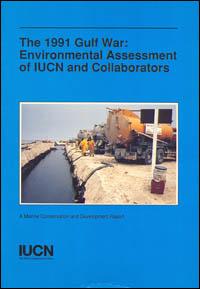The COVID-19 pandemic affected conservation and the livelihoods of communities around Murchison Falls National Park, which drove them to poaching and habitat destruction. To address these challenges, EGI trained communities in Pakanyi Sub-County to embrace beekeeping as an alternative livelihood, through a project supported by IUCN Save Our Species co funded by European Union. The project established 106 traditional hives
Through community based trainings, the communities who included poachers, youth, were trained on key skills, including colony management, hive maintenance, product diversification, and proper packaging techniques. These efforts led to an increase in honey production, from 190 litres to 340 litres per harvesting session. The communities also produced value-added products such as bee venom, medicines, and honey wine, With improved packaging, income from honey sales rose from 1.8 million UGX to 3.35 million ( further diversifying their income and this reduced the poaching in the area by 60 percent.


